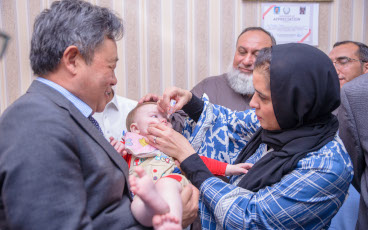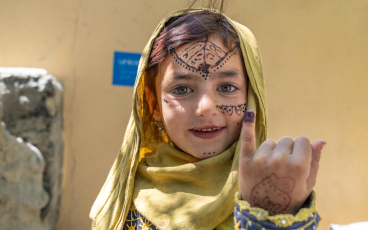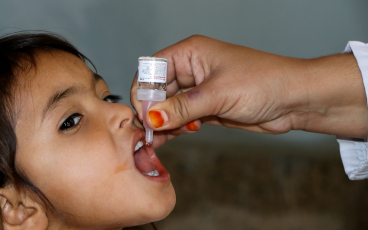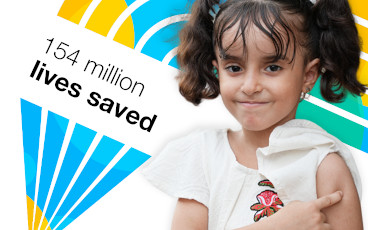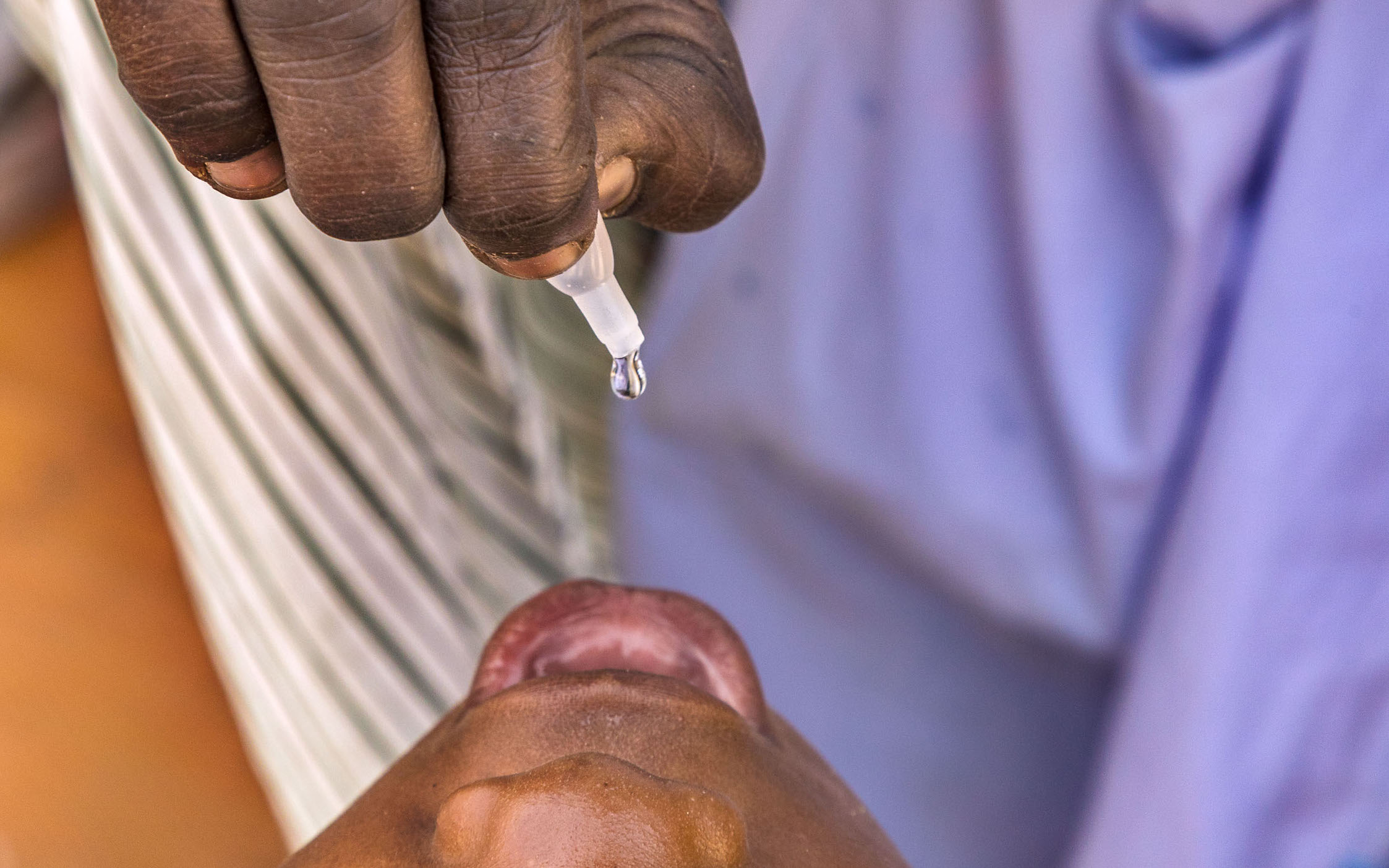Polio workers distribute soap and information in fight against COVID-19
Polio Social Mobilisers step up to aid Afghanistan’s vulnerable communities
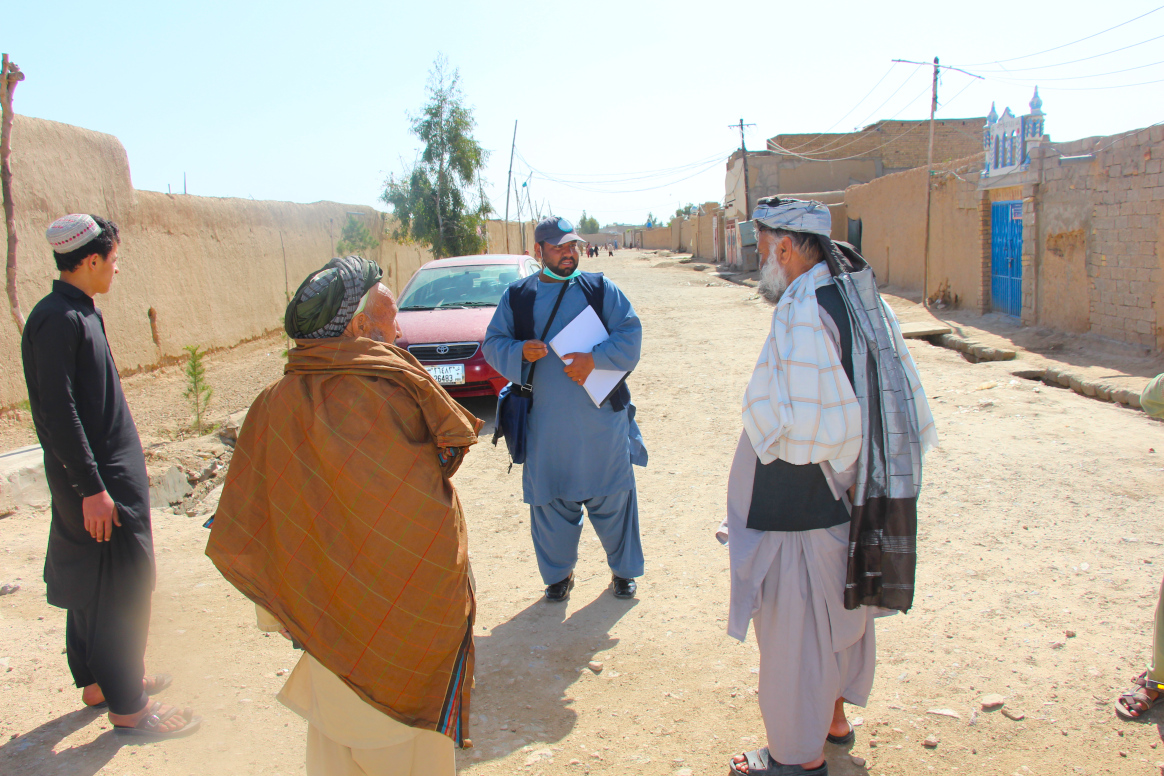
In response to the COVID-19 pandemic, the polio programme has diverted thousands of personnel to fight the virus. Repurposing extensive experience eradicating polio, the programme is supporting country response in areas including information dissemination, disease surveillance, risk communications and data management.
Community social mobilizers stepped up in March to deliver soap bars and information on COVID-19 to some of Afghanistan’s poorest and most vulnerable communities.
Social mobilizers are local people trained to communicate with the public about specific health issues in ways that are understandable and encourage behaviours to protect health. In Afghanistan, UNICEF coordinates a network of 3,750 mobilizers.
Social mobilizer Feroz explained the importance of his mission. “The families were especially happy with the soap distribution. If the social mobilisers were not here, people would have remained uneducated about COVID-19.”
Just a few days after the decision to mobilize polio teams for COVID-19 response, Feroz’s team distributed thousands of soap bars and educational materials on the virus to communities across his province. Many of the families served have limited access to adequate sanitation products or facilities. Providing a bar of soap and demonstrating its use is a simple COVID-19 prevention measure.
During the distribution, the teams emphasized the importance of routine immunization continuing throughout the pandemic, reminding parents to take their children to health facilities. With house-to-house polio vaccination campaigns paused for the time being, many more children may be vulnerable to polio and other vaccine-preventable diseases if they do not receive vaccinations at health clinics.
The soap packaging carried a pro-vaccine message, reading ‘let’s come together for a polio-free Afghanistan.
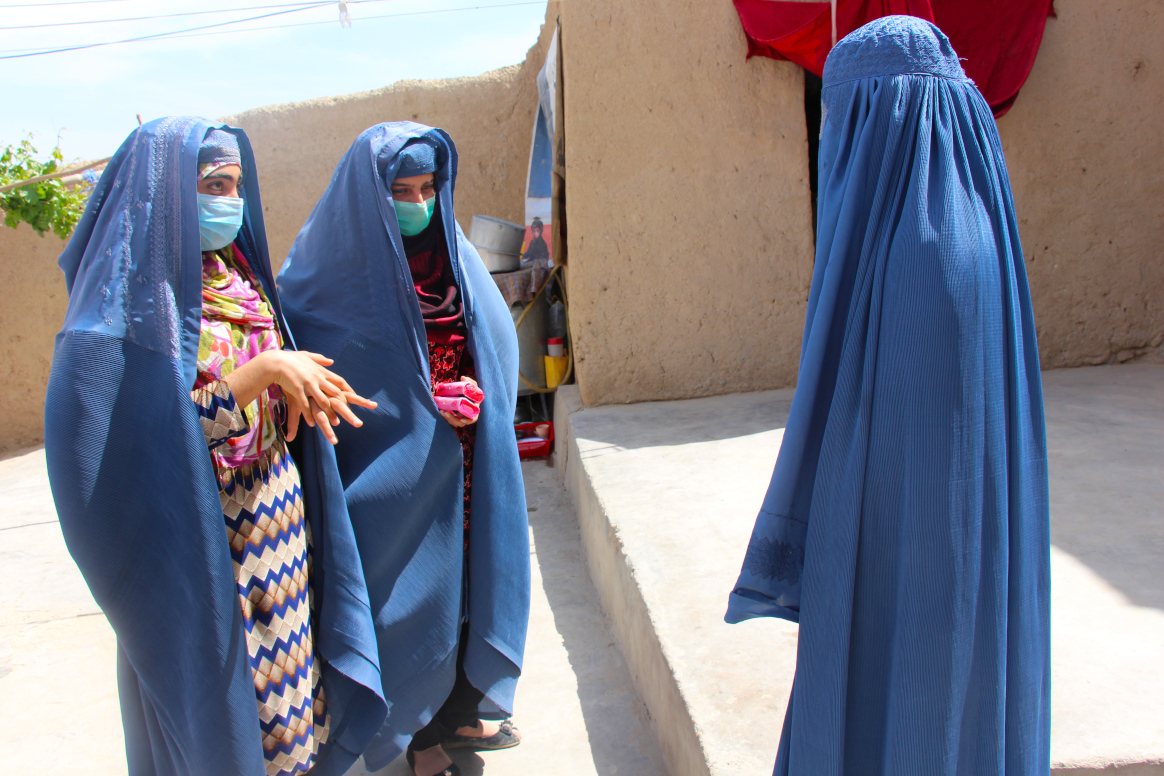
Zuhal, a colleague of Feroz, explained that she has noticed a change in how vaccine hesitant families react to the polio social mobilisers since the beginning of COVID-19 pandemic. ‘’The number of people who were interested exceeded our expectations. We were able to attract our communities’ attention. Parents who used to refuse polio vaccine in campaigns have participated in COVID-19 discussions and eagerly asked for information.’’
She added, ‘’During the last polio campaign, I had to wait 30 minutes in front of one house. When the door was opened, a man told me, “Go, we do not want to vaccinate our children. Never come here again”. The same man looked for me in his neighbourhood during our COVID-19 information and soap distribution, and this time he was desperate for information. This shows that people in the community recognize that we are a source of information when they are concerned about their health, even if they have rejected polio vaccines in the past.’’
Feroz agreed, saying, “The community has more trust in us now we are trying to minimize the risk of COVID-19 infection through public education.’’
It is hoped that the trust built up between the mobilizers and communities during this time will translate into stronger relationships far into the future. This may help the polio programme reach out to children in families where vaccination has previously been viewed with suspicion.
Feroz is pleased to serve his community. He says, “I feel proud seeing the results of my work, when children receive routine immunization on time and pregnant women deliver safely at the hospital. Knowledge matters.”
He adds, “Information at the time of crises can be lifesaving. The polio programme has a mission to protect every child against diseases – polio and now COVID-19.”



